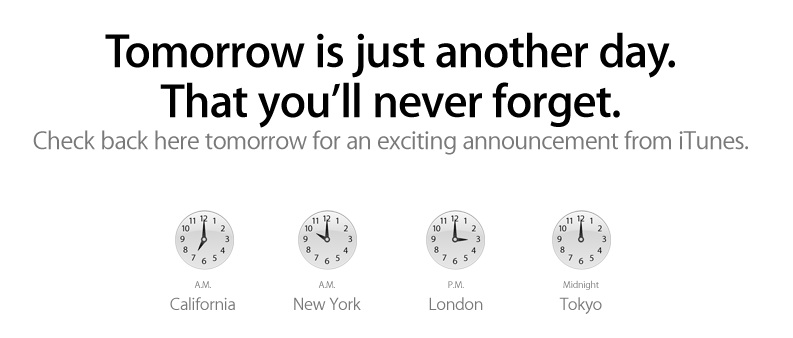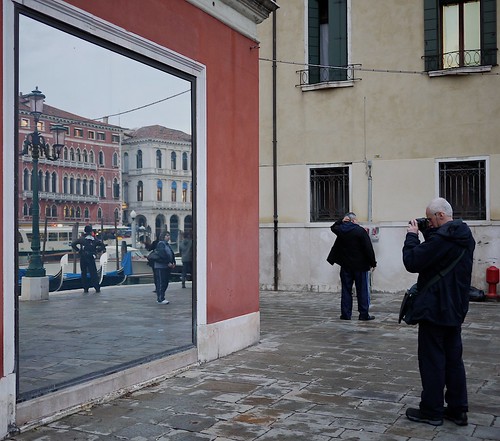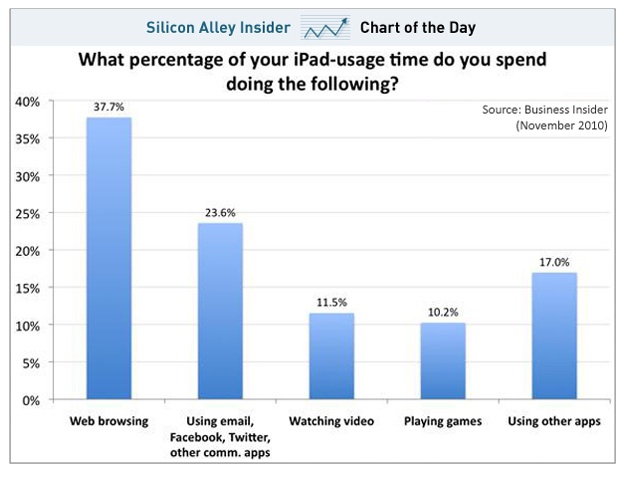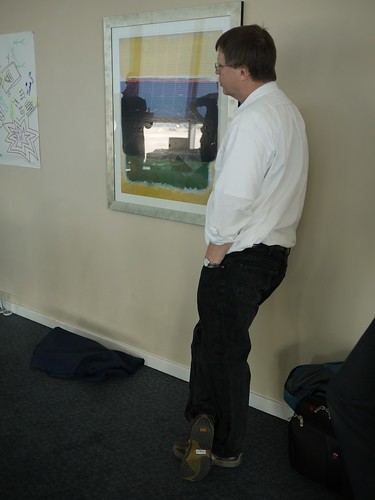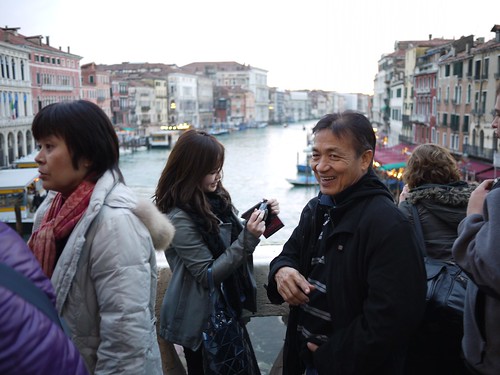One of the most depressing aspects of big news stories is the herd-like way in which mainstream media construct a narrative and then select only the facts that fit that narrative. Part of the narrative of the Irish economic collapse is the factoid that there are 300,000 unfinished or unoccupied houses in the Irish Republic at present. So it’s refreshing to find this careful piece by Bill Nowlan which tries to take a more dispassionate view.
LAST April I wrote a paper on so-called “ghost estates” for the Irish Planning Institute’s annual conference. At that time, the topic was red hot but all the debate was based on media reports, academic number-crunching and hard luck stories – there were no hard facts.
In my paper I called for a detailed survey and analysis so that Government, financiers, academics and planners could separate facts from fiction and develop action policies.
That survey has now been completed by the Department of the Environment It has been a big job with Government inspectors visiting each of just 2,900 estates – but the output is good. It turns out that there was, and is a lot of misinformation about so-called ghost estates. The survey shows that whilst problems do exist with empty and incomplete developments, they are far fewer than media and other reports would have us believe.
The survey identified more than 2,800 housing developments where construction had started but had not been completed.
This translates into just 180,000 housing units for which planning permission exists. Construction had begun on more than 120,000 of these dwellings with 77,000 dwellings completed and occupied.
A further 23,000 homes are completed and vacant. Another 10,000 are part-completed, requiring final fit-out and connection to services. The remaining 10,000 dwellings are at earlier stages of construction, from preliminary site clearance up to wall plate level. The balance are the units which have planning permission but have not been started.
These figures have already been reported – so why am I revisiting the issue? Well I suppose facts make far less interesting reading than much of the speculation to which we were treated for the past 12 months with sensational TV programs and acres of newsprint about disastrous estates with more than 100,000 vacant houses – the implication being that they were so-called ghost estates.
In fact there are only 23,000 new houses built and unoccupied in what I will call new estate developments. This is just 2 per cent of the overall national stock of homes in the country. The number of part-built houses at 10,000 is insignificant, equating to about three months work in a normal property and construction environment.
The survey shows that much of the vacancy in such estates is in western counties and numbers for the greater Dublin area are so low it could be argued that there is a potential shortage of new houses in the area when the economy recovers.
The detail of the survey does not support the idea that there are large numbers of tumbleweed estates. A few do exist but these are mainly outside the areas of normal demand…


